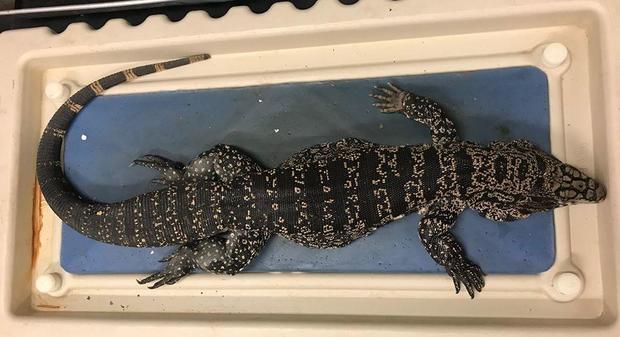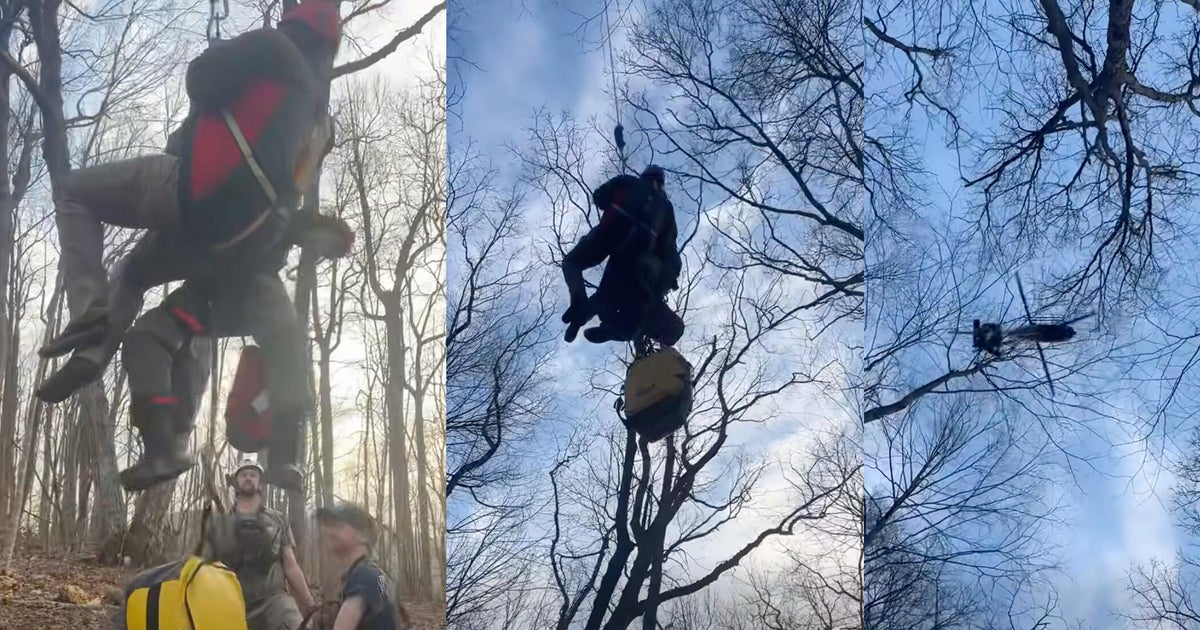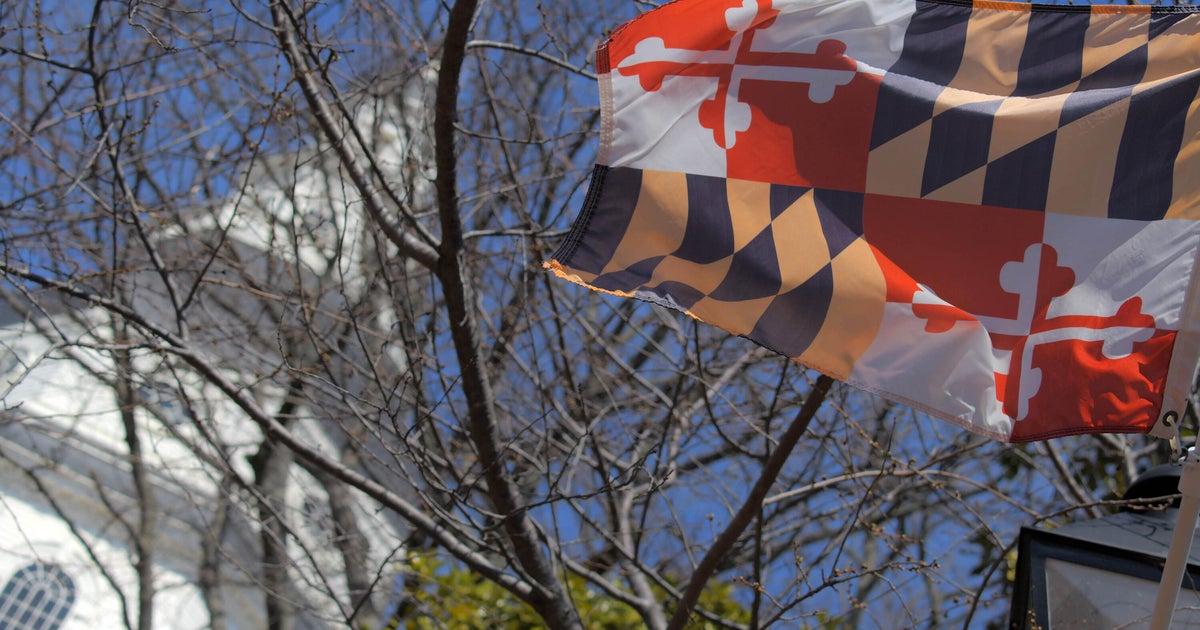Georgia residents urged to keep an eye out for large invasive lizards that "eat almost anything"
Georgia's wildlife agency is once again asking residents to report sightings of an invasive lizard that can pose a threat to native species.
The state Department of Natural Resources is trying to locate and remove South American tegus from Georgia before the lizards can thrive in greater numbers. So far, the state's only known wild population has been found in Toombs and Tattnall counties in southeast Georgia.
"Warming temperatures will have tegus on the move in southeast Georgia," the agency said in a news release.
Wildlife officials hope to stop the black and white lizards from spreading further. They can grow up to 4 feet long and weigh up to 10 pounds, and have a wide-ranging appetite that favors eggs of turtles, alligators and ground-nesting birds.
"They can live almost anywhere and eat almost anything," said Daniel Sollenberger, a DNR wildlife biologist.
"We are focusing our efforts to accomplish two goals: document the extent of where tegus occur in the wilds of southeast Georgia and remove those animals as soon as we can after they are detected," Sollenberger said. "With area residents, hunters and other folks helping us keep an eye out for and controlling tegus, we are cautiously optimistic we can control this population."
Officials aren't sure how tegus got introduced into the wild in Georgia, but they are commonly kept as pets.
Last year the DNR removed a single tegu that was spotted on a game camera and later captured in a trap. Seven were collected, both dead and alive, in 2020.
That year, the agency released a YouTube video warning residents about the creatures.
DNR wildlife technician supervisor Jim Gillis said this year the agency-led trapping will include streaming trail cameras that can be focused on live traps.
"By using the remote cams, it will help cut the time needed to check traps," Gillis said.
Wildlife officials warn if tegus become established in the wild, they will be nearly impossible to eradicate. Wild populations have also been found in South Carolina and Florida. Trapping at one site along Everglades National Park can yield hundreds of the lizards each season.
The Orianne Society, which is dedicated to the conservation of reptiles and amphibians, has also warned about the invasive lizards. "Established from escaped or released pets, these large lizards are voracious predators that have been found consuming a variety of native wildlife in the longer-established Florida populations," the Orianne Society wrote on Facebook.
The tengus are not the only invasive species plaguing Georgia. Researchers recently said the Joro spider, a large arachnid native to East Asia that proliferated in Georgia last year, could spread to much of the East Coast.




